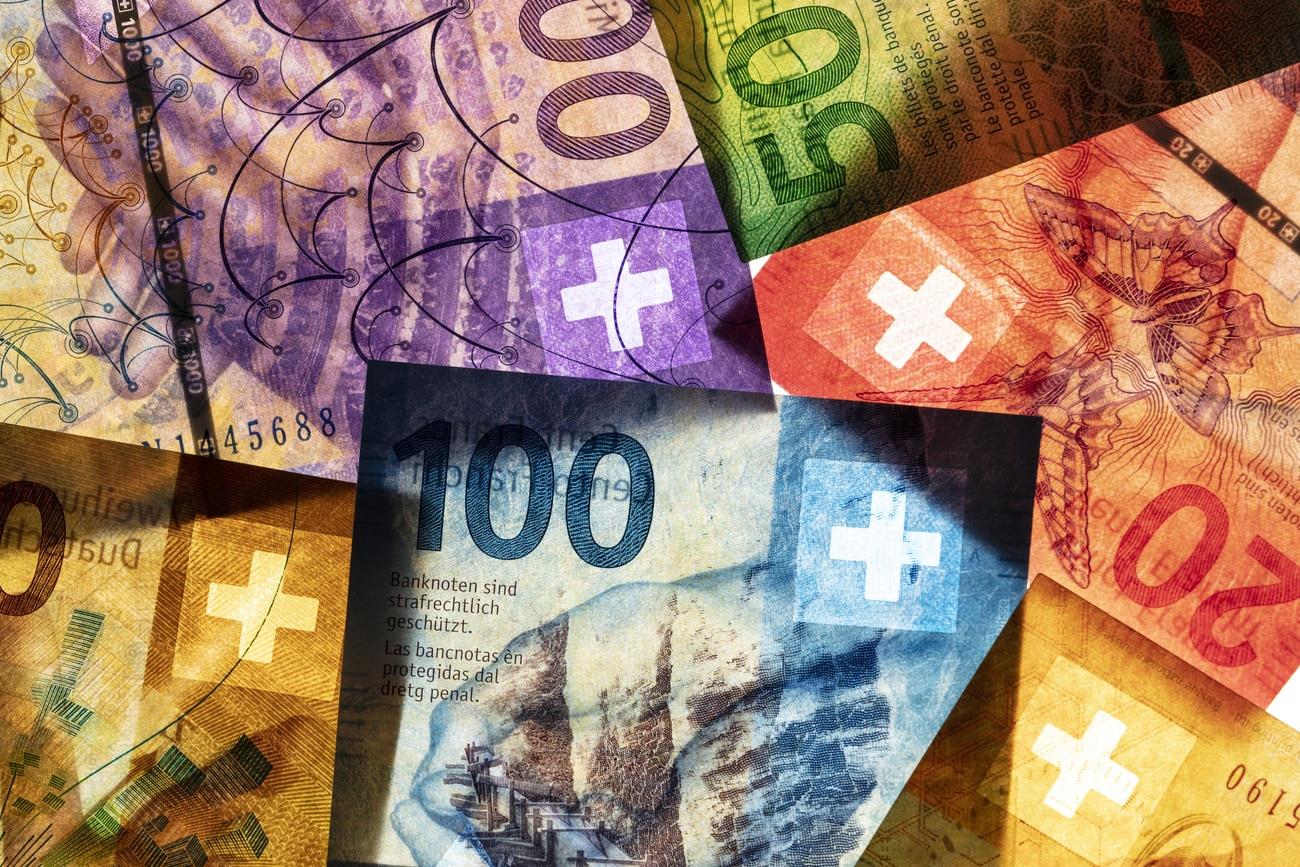(MENAFN- Swissinfo) The Swiss will elect a new parliament on October 22. For the first time, the campaign is subject to new transparency rules under which Political parties, organisations and candidates must publicly disclose large budgets and donations. Until now, Switzerland has always lagged behind the rest of Europe when it comes to transparency of party funding.For the upcoming election, donations of over CHF15,000 ($16,960) had to be declared, as well as campaign budgets in excess of CHF50,000. On Thursday the Swiss federal Audit Office (SFAO) releasedExternal link consolidated figures with a breakdown of budgets and donations for the election.
Which party has the most money to spend on its campaign?The centre-right Radical-Liberal Party secured the largest budget (CHF12.4 million) for this year's elections. The Radical-Liberal Party has almost double the amount to spend compared to its main political rival, the Centre Party, which received CHF6.6 million.
The Radical-Liberals were followed closely by the right-wing Swiss People's Party (CHF11.1 million), which the polls predict will emerge the clear winner on October 22.
External Content The left-wing Social Democratic Party, currently Switzerland's second-biggest political power, has CHF6.9 million to spend, while other parties have much smaller budgets to play with: the left-wing Green Party (CHF3.7 million), the centrist Liberal Green Party (CHF2.9 million) and the Protestant Party (CHF1.2 million).
In total, political parties declared a total campaign budget of CHF50.3 million.
The audit office notes that political campaigns are generally larger and more costly when there are a large number of seats at stake, namely in the bigger cantons. Donato Scognamiglio, a new political figure from the Protestant Party, from canton Zurich, has the biggest campaign budgetExternal link (CHF365,000). He is followed by a handful of Radical-Liberal candidates from Zurich with budgets ranging from CHF200,000 to CHF280,000.
Who are the main political donors?Audit office figures show that billionaire Christoph Blocher, the former Swiss cabinet minister and People's Party figurehead, donated CHF550,000 to the right-wing party.
External Content The Swiss Association of Small and Medium-Sized Enterprises (USAM), the Swiss Employers' Association, the Swiss Farmers' Association and the Swiss Business Federation economiesuisse each gave CHF500,000 towards the“Swiss Perspective” campaign for centre-right political candidates this year. The Foundation for Bourgeois Politics and Carmita Burkard, heiress of the Sika construction firm, donated similar sums to the People's Party and Green Party, respectively.
But large donors are an exception, the audit office stressed. The ten largest payments represent 40% of donations, the names of which must be published.
How transparent is this new process of declaring political campaign funding?Grey areas and loopholes still exist in the system, the mediaExternal link point out.
Financial declarations had to be made by September 7 for donations and budgets for the House of Representatives elections. Senators, who had fought to be exempt from the new rules, must only demonstrate transparency on donations and campaign spending once elected.
Accounting tricks are still possible, such as an anonymous donation to an association which can then be channelled to a specific candidate or party. AmbiguityExternal link remains over what actions constitute a political campaign. Also, donations below CHF15,000 and campaign budgets below CHF50,000 do not have to be declared and there is a lack of clarity over the precise amounts candidates receive from associations or groups.
“We're going in the right direction, but we're not there yet,” said Martin Hilti, director of Transparency International Switzerland.
“These [transparency] rules are relatively modest and are limited to the largest donations only. They are relatively easy to get around and their surveillance is pretty weak,” he told Swiss public radio, RTS.
Hilti argues that the data has revealed only a small number of donors and that some people resort to using associations and foundations to conceal the origins of donations.
Pascal Stirnimann, director of the Federal Audit Office, said he was satisfied with this first exercise in political funding transparency which he said represents a“big change”.
“With all laws there are always elements of complexity and questions that need to be clarified,” he told RTS.“With all laws there are always opportunities to get around the rules. I think it's important to give this new law a chance.”
The audit office is monitoring the situation and can carry out unannounced checks. Any violations can be punished with fines of up to CHF40,000. A final evaluation will take place after the elections and some parts of the rules might have to be adapted in the future, said Stirnimann.
Is Switzerland still the black sheep of Europe for transparency around political funding?In June 2021 Swiss parliament approved the final amendments to a reform aimed at bringing more transparency to political donations and campaign spending. The new rules were an alternative to the demands of the“transparency initiative”, a citizen initiative from 2017.
In the past, Swiss politicians had been reluctant to act on this issue and Switzerland had been portrayed as a black sheep when it came to transparency around political funding. Until recently it was the only country in the 47-member Council of Europe (CoE) that had not passed legislation to regulate it. As a result, the country was regularly criticised by the CoE's Group of States against Corruption (GRECO) watchdog.
In a recent interview Hanne Juncher, executive secretary of GRECO, told SWI swissinfo.ch that the watchdog's reports, pressure from the media as well as the people's initiative on transparency were all "determining factors in this [2021] legislative change”.
She refused to be drawn on whether the new legislation was strong enough or needed more teeth. GRECO is due to publish a follow-up report on the funding of Swiss election campaigns in March 2024.
























Comments
No comment